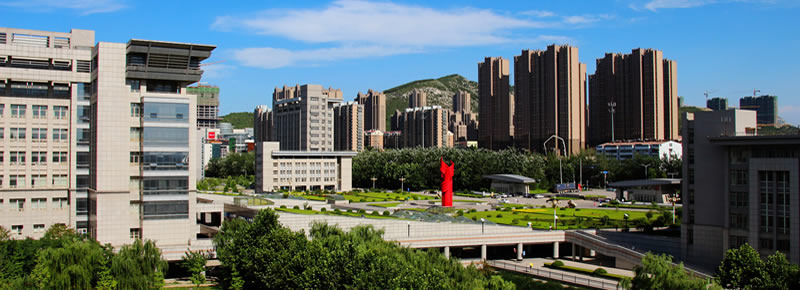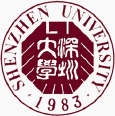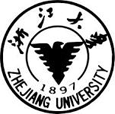Location
University of Leeds
Keywords
Ultra High-Performance Concrete; Microstructure; Rheology; Particle Packing; Compressive Strength; Durability
Abstract
This paper presents a novel strategy to design the binder phase of ultra-high performance concrete (UHPC) from commonly available cement replacement (fly ash, slag, microsilica, metakaolin) and fine filler (limestone) materials. A packing algorithm is used to extract the number density, mean centroidal distance, and coordination number of the microstructure. Similarly, rheological studies on the pastes provide yield stress, plastic viscosity, and mini-slump spread. The selection criteria involves using the three microstructural and three rheological parameters individually or in combination to define packing and flow coefficients. The selection criteria is flexible enough to allow users modify the constraints depending on the application. The binder with the desired packing and rheological features is combined with aggregate sizes and amounts chosen from a compressible packing model based on maximum packing density. A fiber volume fraction of 1% is also used, along with accommodations for wall and loosening effects. The model is programmed in a userfriendly environment to enable engineers select aggregates from locally available materials. Compressive strengths greater than 150 MPa are obtained for the selected UHPC mixtures after 28 days of moist curing. The strength-normalized cost of such mixtures is only a fraction of that of proprietary UHPCs.
Included in
First Principles-Based Design of Economical Ultra-High Performance Concrete
University of Leeds
This paper presents a novel strategy to design the binder phase of ultra-high performance concrete (UHPC) from commonly available cement replacement (fly ash, slag, microsilica, metakaolin) and fine filler (limestone) materials. A packing algorithm is used to extract the number density, mean centroidal distance, and coordination number of the microstructure. Similarly, rheological studies on the pastes provide yield stress, plastic viscosity, and mini-slump spread. The selection criteria involves using the three microstructural and three rheological parameters individually or in combination to define packing and flow coefficients. The selection criteria is flexible enough to allow users modify the constraints depending on the application. The binder with the desired packing and rheological features is combined with aggregate sizes and amounts chosen from a compressible packing model based on maximum packing density. A fiber volume fraction of 1% is also used, along with accommodations for wall and loosening effects. The model is programmed in a userfriendly environment to enable engineers select aggregates from locally available materials. Compressive strengths greater than 150 MPa are obtained for the selected UHPC mixtures after 28 days of moist curing. The strength-normalized cost of such mixtures is only a fraction of that of proprietary UHPCs.





